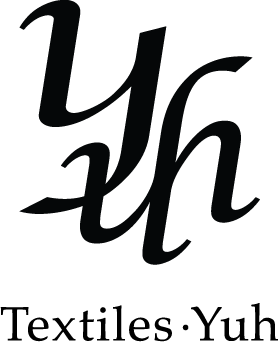Between Emotion and Science
One year living under the pandemic has passed while I’ve been in the US. These past five years, populism has become increasingly powerful––but I sometimes feel I am turning away from reality. How should I interpret what’s happening? What on earth is really happening? Almost half of America voted for Donald Trump, and these voters feel and believe he won. People are starting to put more importance on what their hearts tell them and valuing what they personally believe; meanwhile, they are beginning to neglect evidence. As this trend escalates, everyone can feel what they want to feel, and if this notion is accepted by the majority, that becomes the truth. The influx of digital information at an accelerating pace scrambles the meanings and values of freedom and leaves us no extra time to review things from all angles.
Though this supremacy of emotion is worrying, in this Covid-stricken situation, people have prioritized science and views based on evidence without becoming confused by baseless remarks or false information, and we are beginning to get out of the pandemic crisis. Although we have not completely recovered, we are analyzing information about the virus and sharing what we have found globally in order to solve the problem. Science advances, big data and algorithms are becoming more and more accurate, and artificial intelligence (AI) is rapidly being developed. These things push forward like a strong beam of light, opposed to the seeming power of emotion.
One AI researcher said, “A human body is no longer the absolute condition of defining what a human being is. People do not say about a person wearing a prosthetic leg or arm, ‘That person lacks humanity.’ Also, they do not say of a person who uses a smartphone as an extension of his brain, ‘This person is not a human.’ Humans can edit even genes now. An evolution brought by technology is beginning to exceed that of biology. In the survival race of human beings, people mechanize bodies for each environment and to extend their life expectancy. It is predictable that AI technology will surpass human beings in the future. And there will be no distinction or discrimination between AI and human beings.”
Botanical images, landscapes, and humans depicted by Egon Schiele, an Austrian Expressionist painter in the nineteenth century, had a strong impact on me when I was a teenager. I was impressed by his superb way of expressing the essence of life by drawing temperature and texture. He was a painter who rigidly unearthed his own emotion and expressed it. Many Expressionist artists reacted against the existing order of society, and accordingly, the paintings they created were beyond the traditions of the mainstream. These Expressionists were largely influenced by the German philosopher Friedrich Nietzsche, who said, “There are no facts, only interpretations.” Around that time, the Spanish flu pandemic erupted and claimed Schiele's life.
By the way, I was born in Japan to an artist and an electrical engineering researcher and raised with these two different lineages. I was also educated as we transitioned from analog to digital and experienced both pre- and post-bubble economies. And I am an immigrant to the US with a mind influenced by Eastern philosophy. Because of this amalgam of different backgrounds, I’d say that my works do not represent one side over another, but instead harmonize the different sides and shape them into one––like swaying light and shadow.
I did not plan to reveal this, but since it’s related to the theme of this newsletter, I think I should share this with you:
On January 26, I got hip replacement surgery.
Now I have a golf club–like metal in my body, replacing the bone.
Thanks to the advancement of technology, I am equipped with a prosthetic right hip.
Because of this amazing surgery, I am convinced that the age of technology in which AI makes the impossible possible has already begun, for better or worse.
Yuh Okano, March.2021

